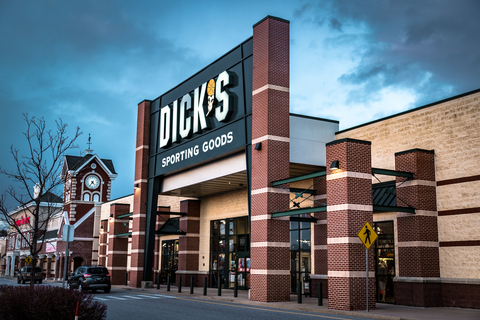


Dick’s Sporting Goods Followed Its Conscience on Guns—and It Paid Off
By Jay Fitzgerald for Harvard Business School Working Knowledge
After the 2018 school shooting in Parkland, Florida, Dick’s Sporting Goods’ CEO declared: “I don’t want to be part of the story anymore.” Two new case studies by George Riedel go inside the retailer’s decision to remove certain firearms from stores and restrict gun sales.
Days after the mass school shooting in Parkland, Florida, in 2018, a shaken Ed Stack, then the CEO and largest shareholder of Dick’s Sporting Goods, decided it was time for his 850-store chain to pull certain guns off its store shelves.
The accused 19-year-old shooter in the Parkland massacre hadn’t purchased his AR-15 assault-style rifle at a Dick’s Sporting Goods store. But he had legally bought a different shotgun months earlier at a local Dick’s outlet—and that hit close enough to home for Stack.
“I don’t want to be part of the story anymore,” Stack told his top executives days after the murder of 17 students and teachers in Parkland.
And with those words, Stack, a gun owner and gun rights supporter, set in motion a series of corporate actions that may serve as a model for other CEOs trying to balance their personal conscience and corporate interests when dealing with thorny societal issues, according to two new Harvard Business School case studies.
“Increasingly, business leaders are expected to take stands on societal issues—to do societal good. It’s gone beyond ‘do no harm,’” says George A. Riedel, the Henry B. Arthur Fellow and senior lecturer at HBS, who wrote the pair of cases entitled “Dick’s Sporting Goods: Getting Out of the Gun Business.” “Standing on the societal sidelines is increasingly becoming less of an option for companies and business leaders.”
Riedel stresses that no two companies are the same. Other firms looking to take a stand on social issues can’t necessarily take the dramatic steps Stack and his colleagues took to rid their firm of most, though not all, gun sales. Click here for the rest.
Photo 83905220 © Georgesheldon | Dreamstime.com